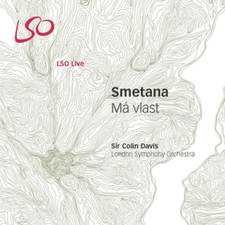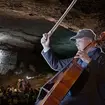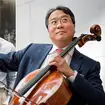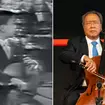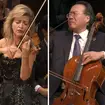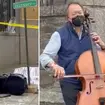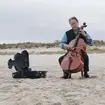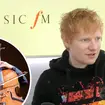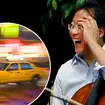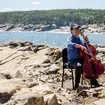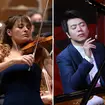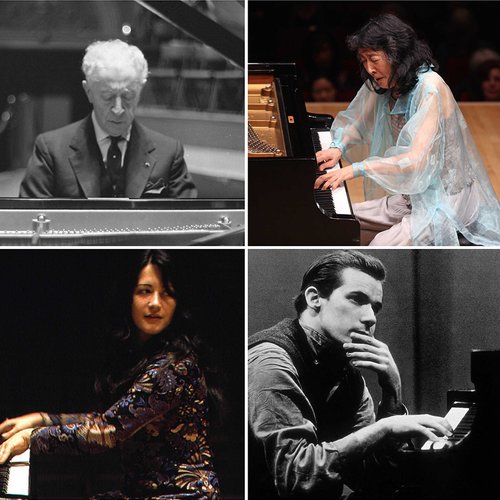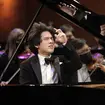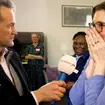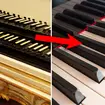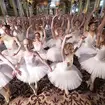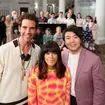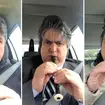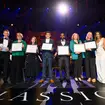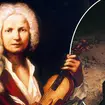When a 7-year-old cello prodigy named Yo-Yo Ma played to the world for the first time
17 May 2021, 14:54 | Updated: 17 May 2021, 15:13
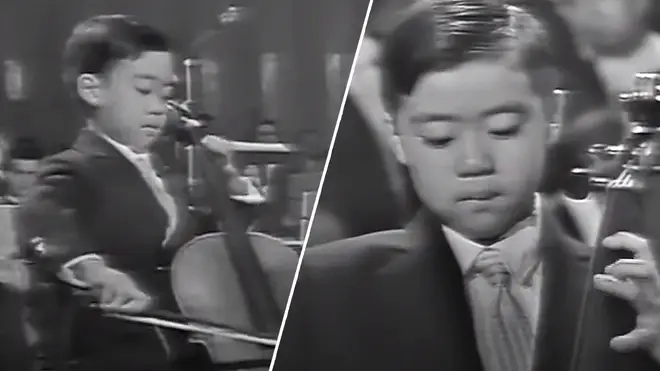
In 1962, Yo-Yo Ma played for President J.F. Kennedy, and the world heard his playing for the first time.
Here’s the moment a late great of the music world introduced a young star onto the stage, with little idea of the beloved, cultural figurehead he would become.
In a video published by The Kennedy Center, American conductor and TV host for the evening, Leonard Bernstein introduces seven-year-old cellist Yo-Yo Ma and his 11-year-old sister Yeou-Cheng Ma, to Presidents John F. Kennedy and Dwight D. Eisenhower during An American Pageant of the Arts in November 1962.
The purpose of the telecast was to raise funds for the National Cultural Center, which was founded under Eisenhower’s administration and nurtured under Kennedy’s.
A smattering of applause is heard as the young sibling duo walk to centre stage, bow and take their seats.
Remarkably playing the entire thing from memory, Ma performs the first movement of French composer Jean-Baptiste Bréval’s Concertino No. 3 in A Major, in a piano-cello duet with his sister. Even as a child, Ma’s performances were imbued with a sense of peace and togetherness (watch below).
Read more: Yo-Yo Ma’s Bach video is the most beautiful thing we’ve ever seen

7-Year-Old Cellist Prodigy Yo-Yo Ma's Debut Performance for President JFK | The Kennedy Center
Introducing Ma, Bernstein celebrates the “double stream of art… flowing into and out of America”.
The great Mahler champion and West Side Story composer uses his speech to highlight “the attraction of our country to foreign artists, and scientists and thinkers, who have come not only to visit us, but often to join us as Americans, to become citizens of what to some has historically been the land of opportunity and to others the land of freedom.
“And in this great tradition, there has come to us, this year, a young man aged seven, bearing the name Yo-Yo Ma,” Bernstein continues.
Born in Paris, Ma was bathed in music from a young age – his mother, Marina Lu, a singer, and his father, Hiao-Tsiun Ma, a violinist and professor of music at Nanjing National Central University.
Ma took up the violin, piano and viola from very young, but settled on cello aged four. From the age of five, he was already performing before audiences in France.
Two years later, Ma and his family moved to the United States. And this, it appears, was the first time Ma was seen on television after cellist Pablo Casals – who was also on the bill that night – brought the young star to the organisers’ attention.
Read more: Beloved cellist Yo-Yo Ma gives impromptu concert at COVID-19 vaccine clinic
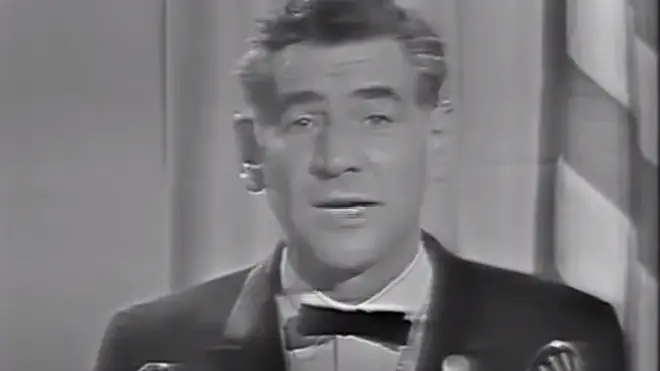
“Now, here’s a cultural image for you to ponder as you listen,” Bernstein continues. “A seven-year-old Chinese cellist, playing old French music, for his new American compatriots.
“Welcome Yo-Yo Ma, and Yeou-Cheng Ma.”
And so, a cultural icon was born. With 18 Grammy Awards under his belt, Ma is arguably the world’s most celebrated classical cellist and has recorded music from American bluegrass to traditional Chinese melodies. A United Nations Messenger of Peace, Ma has also become a humanitarian icon and champion for the power of music in healing.
Yo-Yo’s sister, now Dr. Yeou-Cheng Ma, has often collaborated with her brother and had great success on the world stage as a child, playing with the Denver Symphony Orchestra at age 10. Now, she enriches young musical talent as the executive director of the Children’s Orchestra Society in New York.
Exactly a year after Ma and his sister’s performance, and two months after President Kennedy’s assassination in November 1963, new legislation was signed into law renaming the National Cultural Center as a “living memorial” to John F. Kennedy.
Now, let’s all take a moment to remember the time Ma wrote to Bernstein, aged 10, asking if he would like to hear him play again:
If you haven't gotten around to reading the complete letters of Bernstein, I found the cutest one.
— Lin-Manuel Miranda (@Lin_Manuel) January 12, 2016
Yo-Yo Mini! pic.twitter.com/J1QprycQAX
How could the answer have been anything but “yes”...
